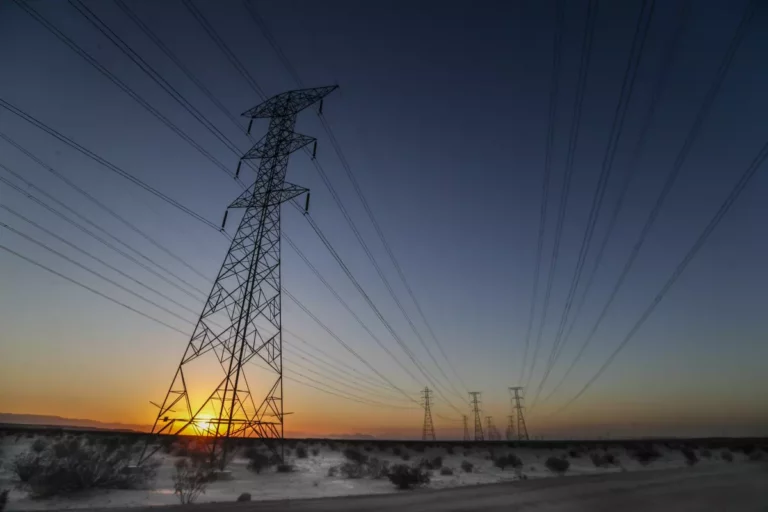In a Loss for Consumers, San Francisco Bans Natural Gas in New Buildings
The San Francisco Board of Supervisors this week voted to ban natural gas use in new buildings and instead require all-electric construction starting in June 2021 – the strictest natural gas prohibition passed by a major city so far in California, Bloomberg reports.
At least 38 municipalities, including San Francisco, have passed measures that will restrict gas hookups in an effort to curb greenhouse gas emissions. However, these bans do not come without a cost.
As GAIN strategic advisor former U.S. Rep. Albert Wynn wrote earlier this year in a Bloomberg Law Insight, natural gas is a “cornerstone of the American energy success story” and serves as an “affordable, reliable, and cleaner-burning energy source than many alternatives.” Further, Wynn writes:
The city officials supporting these municipal bans might believe they are acting in the best interests of their constituents, but the reality is the opposite. They are depriving those constituents of a more affordable and environmentally friendly energy resource. Families are struggling in these tough economic times and the last thing they need is a higher energy bill.
This should not be a partisan issue, but advocates for natural gas bans support these municipal policies, so consumed with their ideological opposition to the use of fossil fuels that they fail to see the impact on the very people they claim they want to protect.
Natural gas has been key to a sustainable future and lowering carbon emissions while still providing reliable and affordable energy for American families. As Wynn notes:
According to the International Energy Agency (IEA), the rise of natural gas for power generation has been crucial in declining emissions from the power sector. In fact, the U.S. saw the largest decline in energy-related carbon emissions in 2019 than any other country largely due to the increased use of natural gas power generation.
Natural gas bans like San Francisco’s are short-sighted policies that ultimately hurt consumers – especially those in low-income communities. State policymakers in some states have already stepped in to make sure local governments can’t implement such policies, instead favoring consumer choices and protecting access to reliable, affordable natural gas. Hopefully policymakers across the country will adopt similar statewide measures to do the same.

